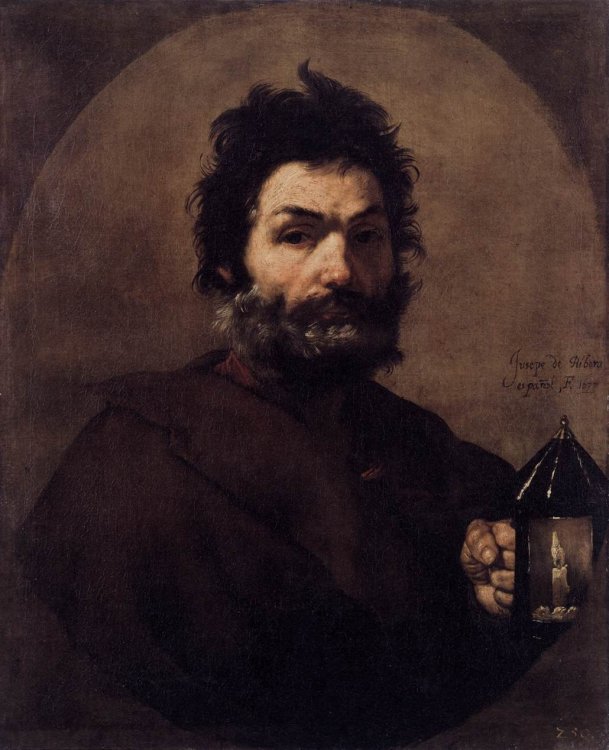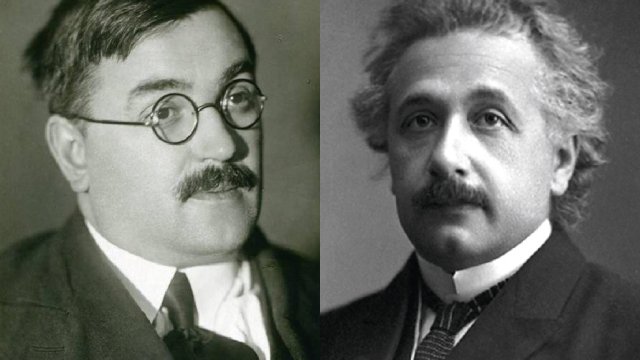Official:
Diogenes of Sinope. Circa 412 BC – June 10, 323 BC
Ancient Greek philosopher, a disciple of Antisthenes, the founder of the Cynic school.
Life and Work:
1. The English word for a species of hermit crab consists of two parts. The second part is “pugilator.” And the first is a proper name, Diogenes.
2. This is the same philosopher about whom there are many anecdotes. It is known for sure that he lived in a barrel, that is, he led, as the Englishmen correctly noted, a secluded lifestyle. So, who is he, this Diogenes – unlike anyone else and always shocking everyone?
3. In fact, little is known for certain about Diogenes. He was described by his namesake, Diogenes Laertius. According to him, Diogenes was born in Sinope, a Greek colony in what is now Turkey. In the very Sinope, where the last battle of the sailing fleet took place: Admiral Nakhimov – during the Crimean War – defeated the Turkish fleet there.
4. Before becoming a philosopher, Diogenes of Sinope ran a coinage workshop, while his father Hicesias was a money changer. His father tried to tempt Diogenes to mint counterfeit coinage, so he went to the Delphic Oracle for advice.
5. After receiving advice to reassess the values, Diogenes forged the coins. He was exposed and banished from the city. In his wanderings, he reached Athens and became a disciple of Antisthenes.
6. The philosopher Antisthenes ran his own school in Athens. It was located on the hill of Cynosarges, which means “Gray dog” in Greek, and so people started to call Antisthenes and his students “Cynics.”
7. But perhaps they were called like that because of their beliefs: Antisthenes insisted that in order to achieve good, one must live like a dog, that is, simply following one’s own nature, relying only on oneself. To despise the conventions and joys of life, to be loyal and brave, to live in poverty and without shame, denying culture and rejecting the state.
8. The disciple Diogenes surpassed his mentor: few people remember Antisthenes today, but everyone knows Diogenes.
9. It should be noted that Cynicism found followers in Ancient Rome as well: Seneca, Plutarch, Juvenal, Horace, and other ancient celebrities propagated it so much that the word “cynicism” in Latin pronunciation became a generic term for disregard of moral norms.
10. Diogenes was a staunch adherent of Cynicism and consistently put his views into practice. He dressed like a vagabond and lived in a wine barrel, so-called pythos, near the agora, Athens’ main city square. He contented himself with so little that, according to legend, he threw away his bowl when he saw a boy eating stew poured into a loaf of bread.
11. He was monstrously rude, so people called him “the dog” or “mad Socrates.” But even this rudeness was not accidental: he deliberately accentuated the problem to draw attention to it.
12. The story of how he ran around in the daytime with a lantern looking for a man and failing to do so became proverbial in many countries. “There are only slaves around,” Diogenes lamented.
13. When Diogenes was asked what state he was a subject of, he gave the answer that many repeated later: “I am a citizen of the world.”
14. When Plato came up with a definition of man as a featherless biped, Diogenes plucked a chicken and threw it to Plato, saying, “Here is your man.”
15. Commenting on the Diogenes’ way of life, the ancient Greek philosopher Aristippus, who lived at the court of the Syracuse tyrant, Dionysius, remarked, “If you knew how to deal with tyrants, you would not have to wash the vegetables yourself.” To this, Diogenes wittily replied that if Aristippus washed his vegetables himself, he would not have to deal with tyrants.
16. According to the Stoic Dionysius, Diogenes of Laertes claims that Diogenes participated in the Battle of Chaeronea and was captured by Philip II of Macedon. When the Macedonian king asked what the prisoner was doing, Diogenes boldly replied, “I watch your insatiability.” The king was so astonished that he released the impudent man.
17. When Diogenes was captured by pirates, they sold him into slavery. And it was not without outrage as well – when asked what he can do, Diogenes replied, “To rule people.” Xeniades, a Corinthian, bought him and made him the tutor of his children.
18. Diogenes lived an incredibly long life for his time – about 90 years – and, according to legend, died in Corinth on the same day as Alexander III of Macedon.
19. It is rumored that they were acquainted, but Diogenes did not feel any awe. And when the great king asked what he could do for Diogenes, the philosopher replied, “Step aside, do not block my sun.”






















